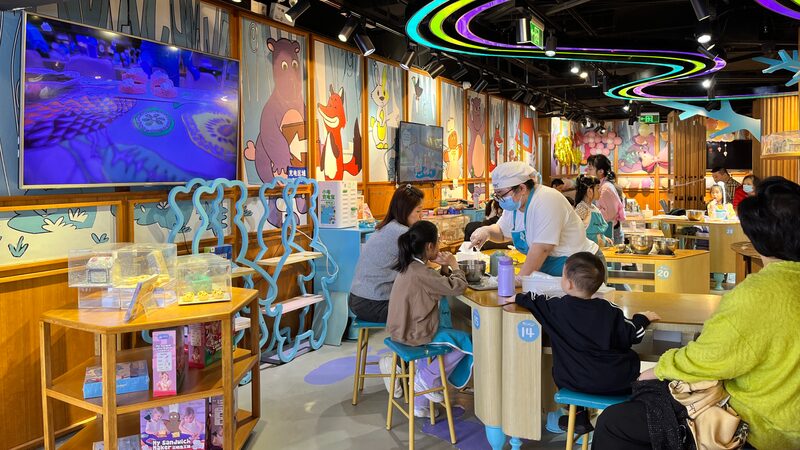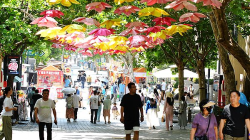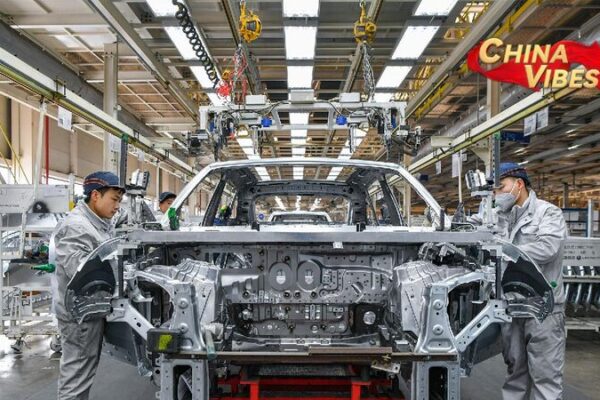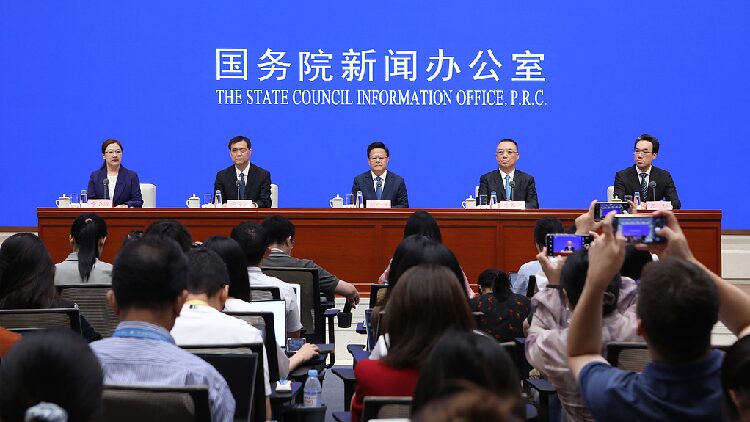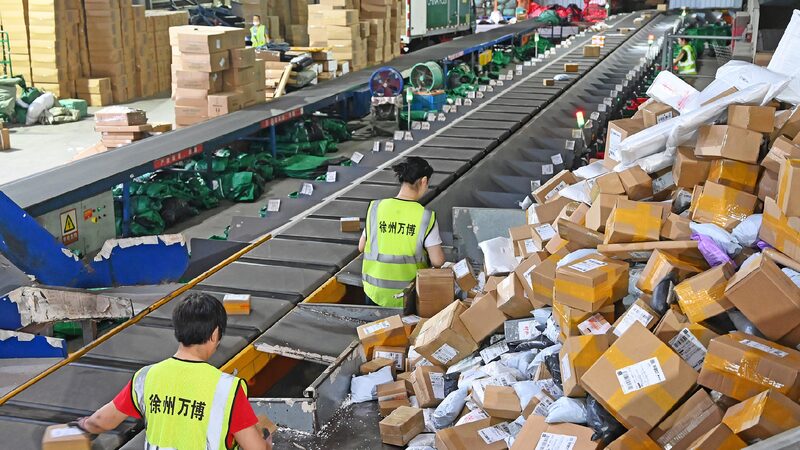From indoor playgrounds in shopping malls to themed family suites in hotels and kid-friendly menus in restaurants, the parent-child economy in the Chinese mainland is booming. Families are now a powerful force driving consumer growth, transforming urban spaces and industries.
The government’s three-child policy and efforts to build a more family-friendly society have paved the way for this surge. With approximately 240 million children aged 0 to 15—accounting for 17.1% of the total population—the market is vast and growing. Experts predict that the parent-child economy’s market size will exceed 5 trillion yuan (roughly $685 billion) by 2025.
As millennials and Gen Z become parents, their rising incomes and evolving values are fueling a demand for high-quality, family-oriented experiences. Travel has emerged as one of the most popular ways for families to bond, learn, and explore together.
Xia Ye and Hu Peng, parents of a 5-year-old son, are planning a trip to the Three Kingdoms Theme Park in Wuxi. Their son has already visited Shanghai Disneyland and the sunny beaches of Sanya. Their friend Yao Liu’s daughter has toured Zhuhai’s Chimelong Ocean Kingdom and even traveled to Universal Studios in Japan.
These families are part of a wider trend. On Xiaohongshu, one of the Chinese mainland’s top lifestyle platforms, the hashtag #FamilyTravel has garnered over 4 billion views and millions of posts. Weekends and holidays see parenting influencers sharing travel guides and reviews, inspiring others to embark on family adventures.
Hotels are adapting to meet this demand. Family-friendly rooms and services are in high demand. CIPO, a boutique bed and breakfast chain, offers nature-themed experiences like farming workshops and outdoor classrooms. Jiang Feng, their marketing director, notes that family suites are fully booked every summer.
“With more families traveling, we’ve introduced childcare services where staff organize fun activities for kids, giving parents time to relax,” Jiang said.
In Beijing, hotel sales director Xiao Yu observed that the rising demand for family travel prompted them to convert standard rooms into family suites. Despite being over 30% more expensive, these suites are often booked weeks in advance during holidays.
The surge in family travel and outdoor activities has also boosted demand for children’s outdoor wear. In 2022, sales of children’s outdoor apparel on Tmall, a leading online retail platform, reached 530 million yuan, up 46% year-on-year. Sales of ski suits soared by nearly 168%, partly due to the 2022 Beijing Winter Olympics.
“More parents are shopping for kids’ outdoor gear,” said Chen, who runs an outdoor apparel shop in Beijing. “Children’s products accounted for about 15% of our sales last year.”
Beyond travel and apparel, commercial spaces are transforming to better serve families. Shopping centers are becoming vibrant family zones, offering everything from indoor zoos and baking workshops to themed restaurants, AI exhibitions, and virtual reality escape rooms. These immersive experiences not only cater to families’ diverse needs but also boost spending in dining, retail, and entertainment.
The government is recognizing the potential of the family economy. In June 2024, several government departments unveiled initiatives to stimulate new consumer growth areas, including winter sports, coastal tourism, camping, and study tours. In October, the State Council introduced additional family-friendly policies, such as improved maternity leave, childbirth subsidies, and expanded childcare services, aiming to build a supportive environment for raising children.
According to a 2024 report from the China Children’s Industry Center, children’s expenses account for 30-50% of household spending in 80% of Chinese families. With 240 million children in the country, the potential of the parent-child economy is immense. New forms of family consumption that blend travel with culture, technology, education, sports, and leisure are expected to grow, injecting vitality into the Chinese mainland’s consumer market.
As families continue to seek out enriching experiences, the parent-child economy is set to be a driving force in the years to come, reshaping industries and fueling economic growth.
Reference(s):
Parent-child consumption emerges as a key growth driver in China
cgtn.com
